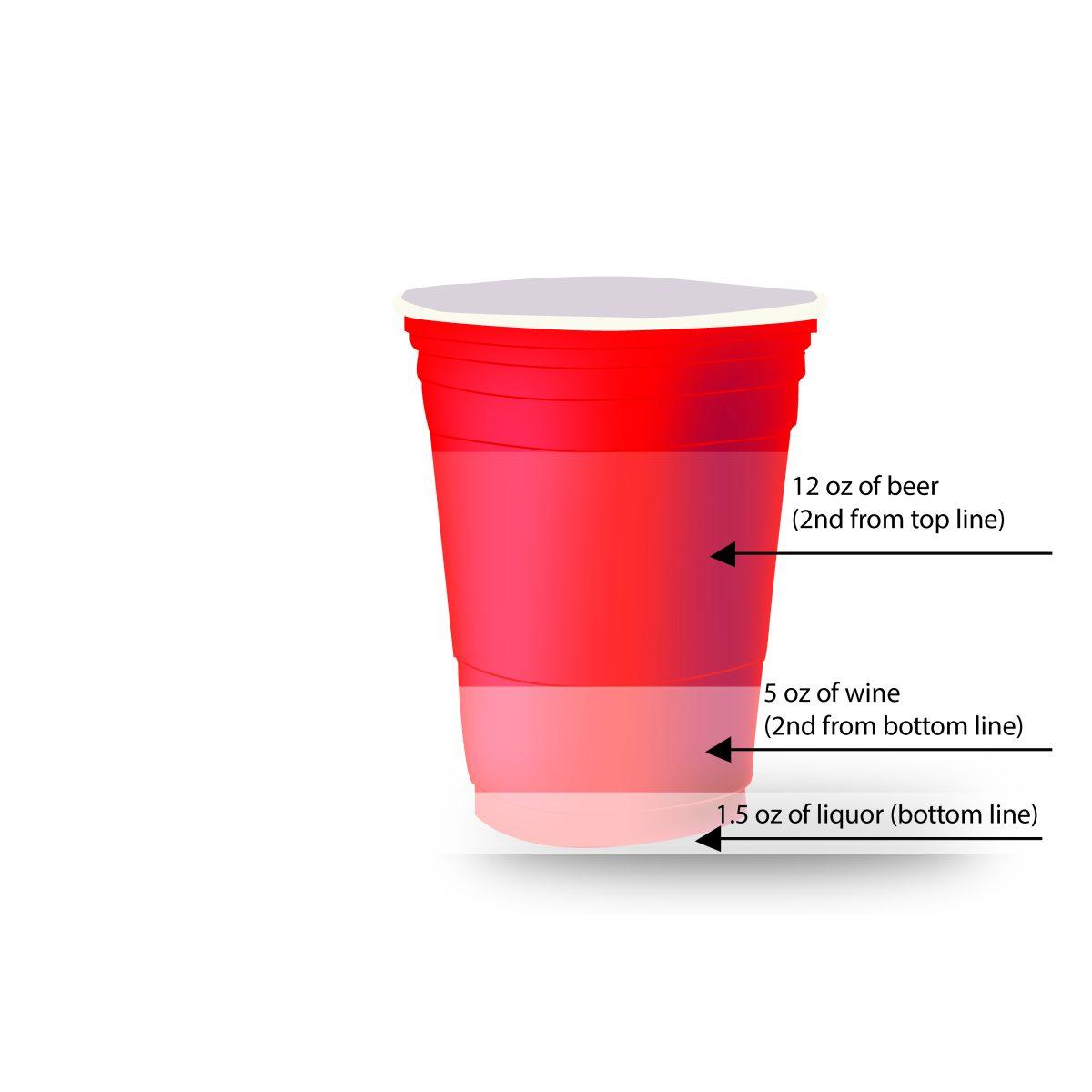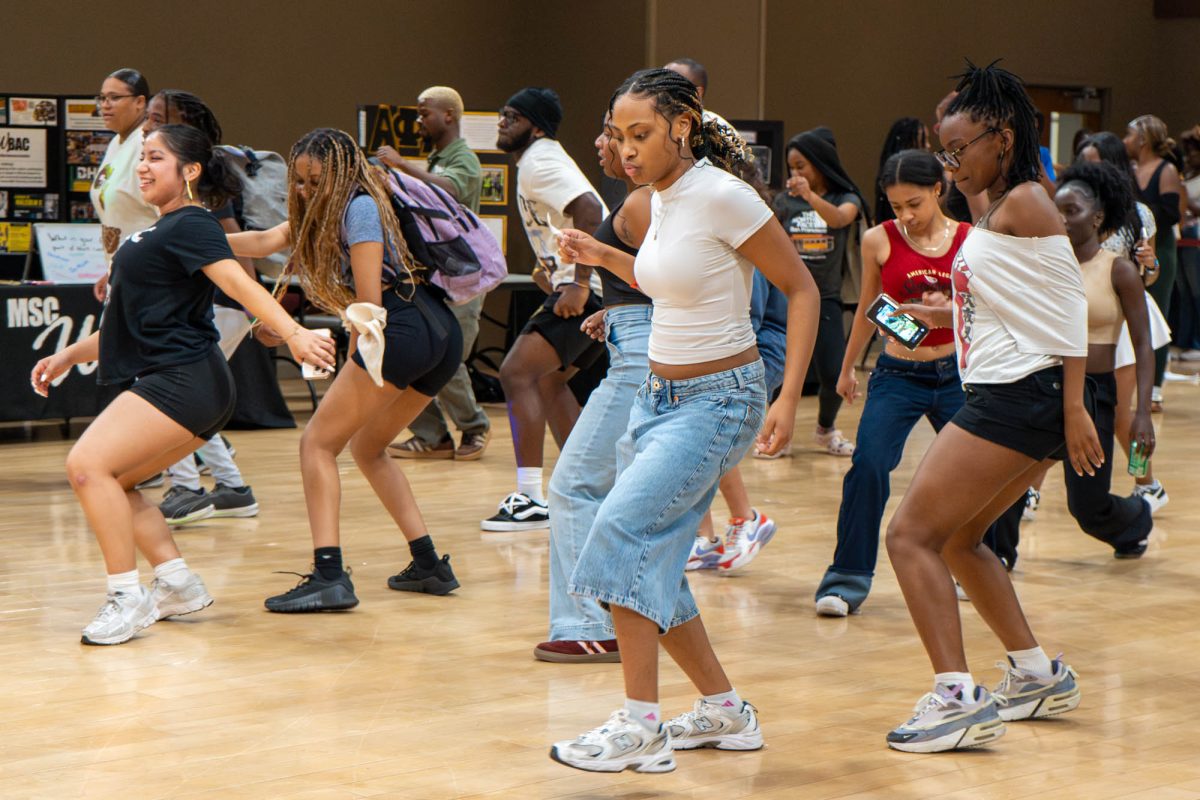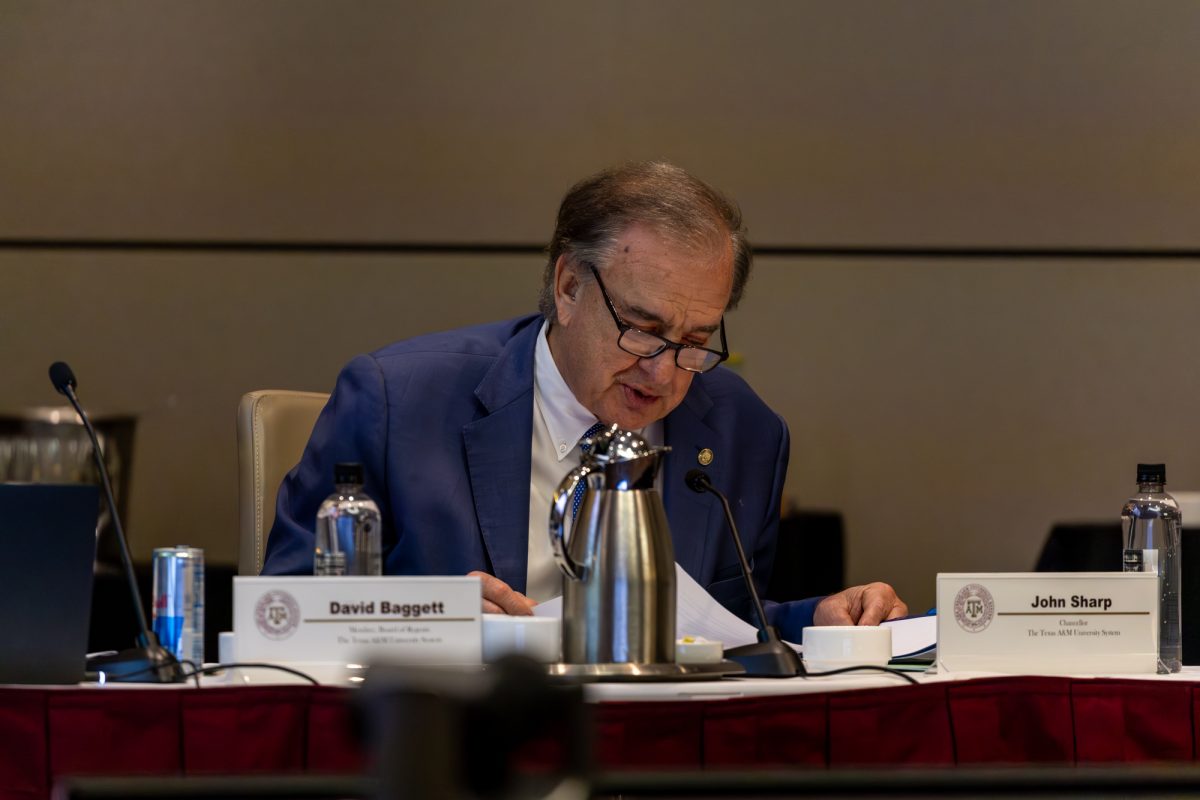I’ve only had a few drinks — I’m fine.
Words like these can lead to bad situations. Tickets, arrests, long court battles, injuries even death. While this may not be what comes to mind when thinking about a night out, they can be very real outcomes if a person is not careful and does not plan ahead.
Watch UR BAC, a program through Texas A&M Agrilife Extension and funded through TxDOT, is trying to educate individuals about alcohol awareness. Their main focus is educating adults and youth about blood alcohol concentration, or BAC, and the effects it may have on the body.
Watch UR BAC program manager Bobbi Brooks said the program revolves around the concept of friends watching out for friends, especially in terms of drugs and alcohol.
“Whether it be designating a sober driver, knowing what your BAC is and in that knowing what’s in a standard drink, we want people to know what a standard drink looks like,” Brooks said. “Just because it’s in one container does not mean it’s one drink.”
Brooks said an aspect the program tries to push is the danger of alcohol poisoning and the existence of the 911 Lifeline Law, designed to allow minors to report incidences of alcohol poisoning.
According to the Texas Alcohol and Beverage Commission, the 911 Lifeline Law prevents a person under 21 from being charged by the police for possessing or consuming alcohol if they take a person to receive emergency treatment or call 911 due to possible overdose of alcohol.
To be protected by the law, the minor must be the first one to request emergency medical assistance for the possible alcohol overdose (either themselves or another person), stay on scene until help arrives and cooperate with authorities.
“It’s not a ‘Get Out of Jail Free card’ for everyone there,” Brooks said. “It’s simply designed to reward the person who did the right thing and help save lives.”
In addition to driving while intoxicated and alcohol poisoning, the issue of public intoxication is also prevalent among college students. University Police Department Lt. Bobby Richardson said that public intoxication is defined as the point of intoxication during which you are either a danger to yourself or others.
“Sometimes we find them in weird places,” Richardson said. “Sometimes they don’t know where they’re going, usually it’s in large groups right around 2 a.m. when the bars close.”
Richardson said for law enforcement officials, there are not a lot of routes officers can take when dealing with an overly intoxicated individual.
“The law only allows us to do a couple of things in these situations — we can arrest you, we can release you to a sober individual or we can take you to a treatment facility,” Richardson said. “So essentially we’re going to arrest you or release you to a sober individual. That’s our only two choices.”
Richardson said that one of the biggest tips he can offer is to stay with a group when you are intoxicated.
“What we see a lot of is a drunk person by themselves and our only choice is to arrest them,” Richardson said. “So stay in groups, stay with a sober individual and plan a ride ahead of time.”
With planning rides ahead, services like Texas A&M University CARPOOL provides students and members of the Bryan-College Station community with options for a free ride home.
CARPOOL deputy director of public relations and health senior Leticia Hernandez said that CARPOOL is a non-profit that provides a free, safe and nonjudgmental ride home on Thursday, Friday and Saturday between 10 p.m. and 3 a.m. during the fall and spring semesters.
“We’re not here to judge,” Hernandez said. “All we care about is that people are safe, responsible and don’t get behind the wheel when they’re intoxicated.”
For more information on Watch UR BAC or other alcohol or drug safety related topics, visit watchurbac.tamu.edu or call 979-693-9905.










